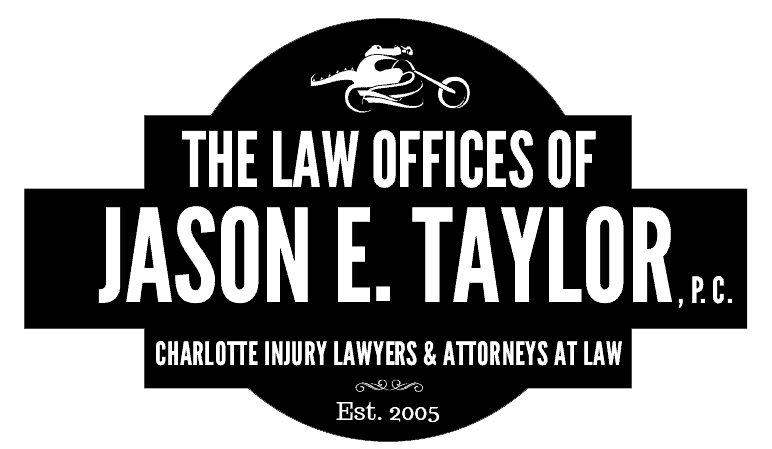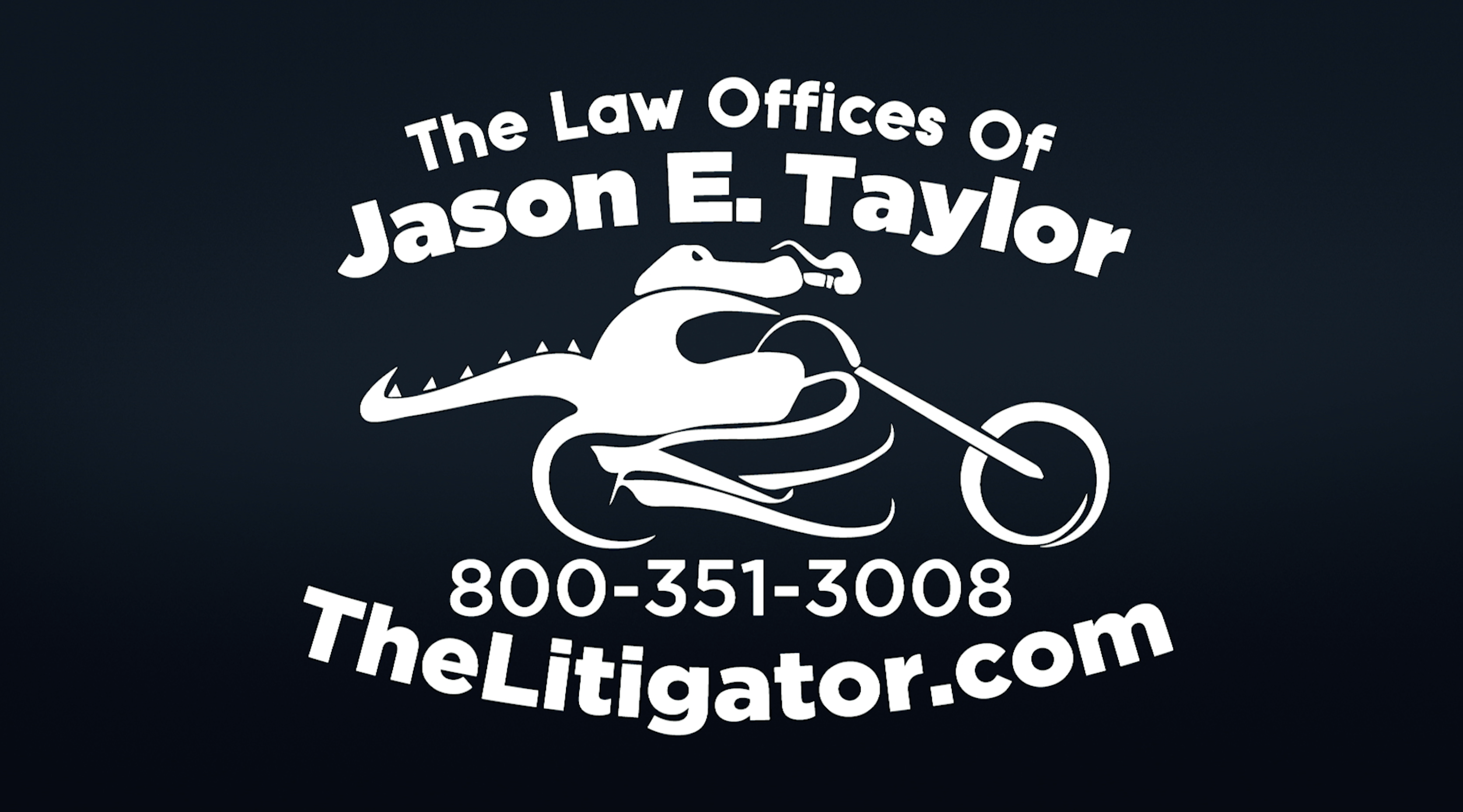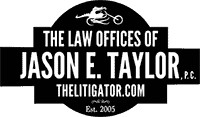A personal injury case involves compensation for an injury caused by another person’s negligence. It may be a car accident, slip and fall, dog bite, or any other type of accident where someone else caused your injuries.
If you’ve been injured in an accident in Charlotte, Greensboro, or Raleigh, you may be entitled to compensation for your injuries, suffering, and other costs. A personal injury case can help you recover from the accident and pay for any medical bills.
At The Law Offices of Jason E. Taylor, we know that dealing with a personal injury case can be stressful. That’s why we offer free consultations, and if you decide to sign with us, will do everything we can to help you get the compensation you deserve for your injuries. Contact us today to see if we can help.

Did You Suffer Injuries?
If you were injured due to someone else’s negligence, you might be able to file a personal injury claim. The first step is to find an experienced personal injury attorney who can help you determine if your situation qualifies for legal action and how much compensation you could collect based on the facts of your case. The amount of payment you receive is based on several factors. These include:
- The extent of your injuries and their impact on your life (how much time off work do you have to take, how do they affect your ability to perform daily tasks like driving or cooking?)
- How long will it take for the injuries to heal, and is there any permanent damage?
- The cost of any medical treatments, including doctor’s visits and surgery
- The cost of any physical therapy or other rehabilitation needed
- The amount of lost income, including wages you are unable to earn while recovering from your injuries
Is There a Responsible Party?
To be compensated for your personal injuries, you will need to prove that you were injured due to someone else’s negligence or misconduct. This means proving that the person who caused the accident was negligent, either by failing to act reasonably or doing something they should have known could cause harm.
Do You Have Economic Damages?
Economic damages are any expenses you have incurred or missed due to your injury. These costs can include the following:
- Medical bills and other health care costs
- Lost income from missing work or taking time off from work during recovery
- Transportation expenses to get to and from medical appointments
- Property damage that may have occurred as a result of the accident
How Do I File a Personal Injury Claim in Charlotte, NC?
Before filing a complaint, a plaintiff must decide which court should hear their case. North Carolina state courts are divided into three divisions based on the amount of money in the case. The procedures for each division and what to expect vary between the courts.
- Small Claims Court – The maximum amount of money requested in a small claims case varies by county, from $5,000 to $10,000. The current limit in Union County and Mecklenburg County Small Claims Court is the full $10,000.00 allowable under State law.
- District Court Division – If the amount exceeds $10,000 and less than $25,000, you should file your claim with the district court.
- Superior Court – Superior court is the highest level of the state court. The superior court can hear cases involving more than $25,000.
If you are unsure which court is best for your case, it is recommended that you consult an attorney who can advise you on the correct venue and help you file. Venue is what county is proper under the law. Typically, venue is the county where at least one of the parties resides. There may be advantages to filing in one county over another, if possible. An experienced litigation attorney will know which venue is the most advantageous for your case.

What Will My Charlotte Personal Injury Attorney Do For Me?
Your Charlotte personal injury attorney is here to help you get the compensation you deserve. They will work with you from start to finish, answering any questions that you may have and keeping in touch throughout the process.
Your attorney will start by gathering a complete medical record of your injury and medical treatment. They will also collect any evidence that you may have, such as photographs or video of the scene where the accident occurred. This will help prove that someone else was at fault for your injuries.
Your attorney will then contact the other party’s insurance company and negotiate a fair settlement on your behalf. Most personal injury claims settle outside of court. However, your attorney will be there by your side if you end up needing to file a lawsuit and the case ultimately goes to trial. They will help guide you through the process and ensure you are well-represented in court.
Contact the Law Offices of Jason E. Taylor Today
To discuss your injury case with a skilled personal injury attorney, contact the Law Offices of Jason E. Taylor today. We serve clients in Charlotte and throughout North Carolina. Contact us today to learn more about your legal options and how we can help.






